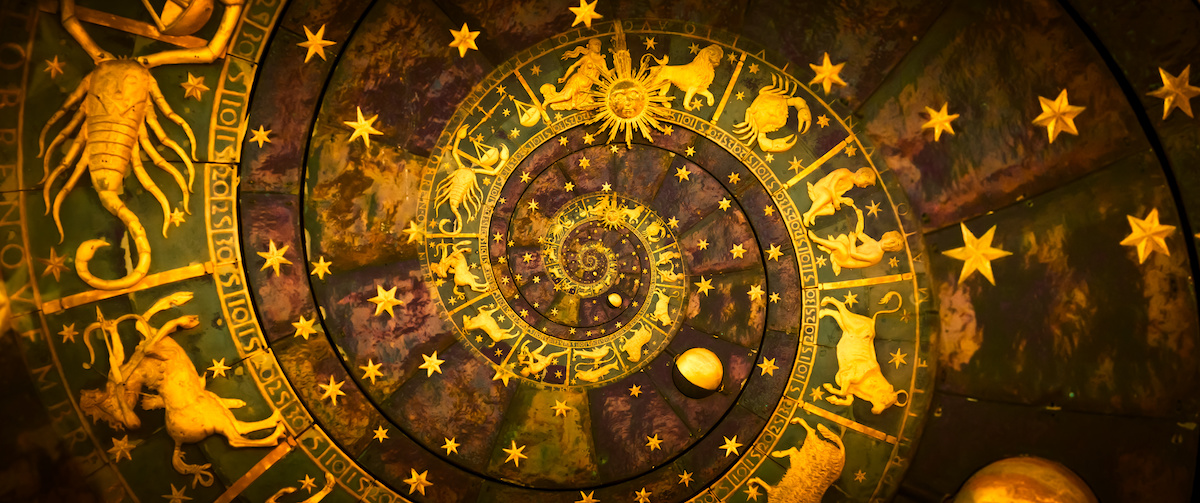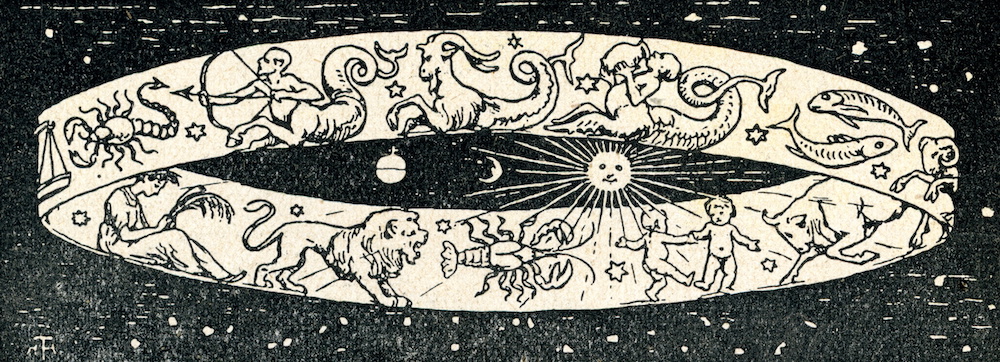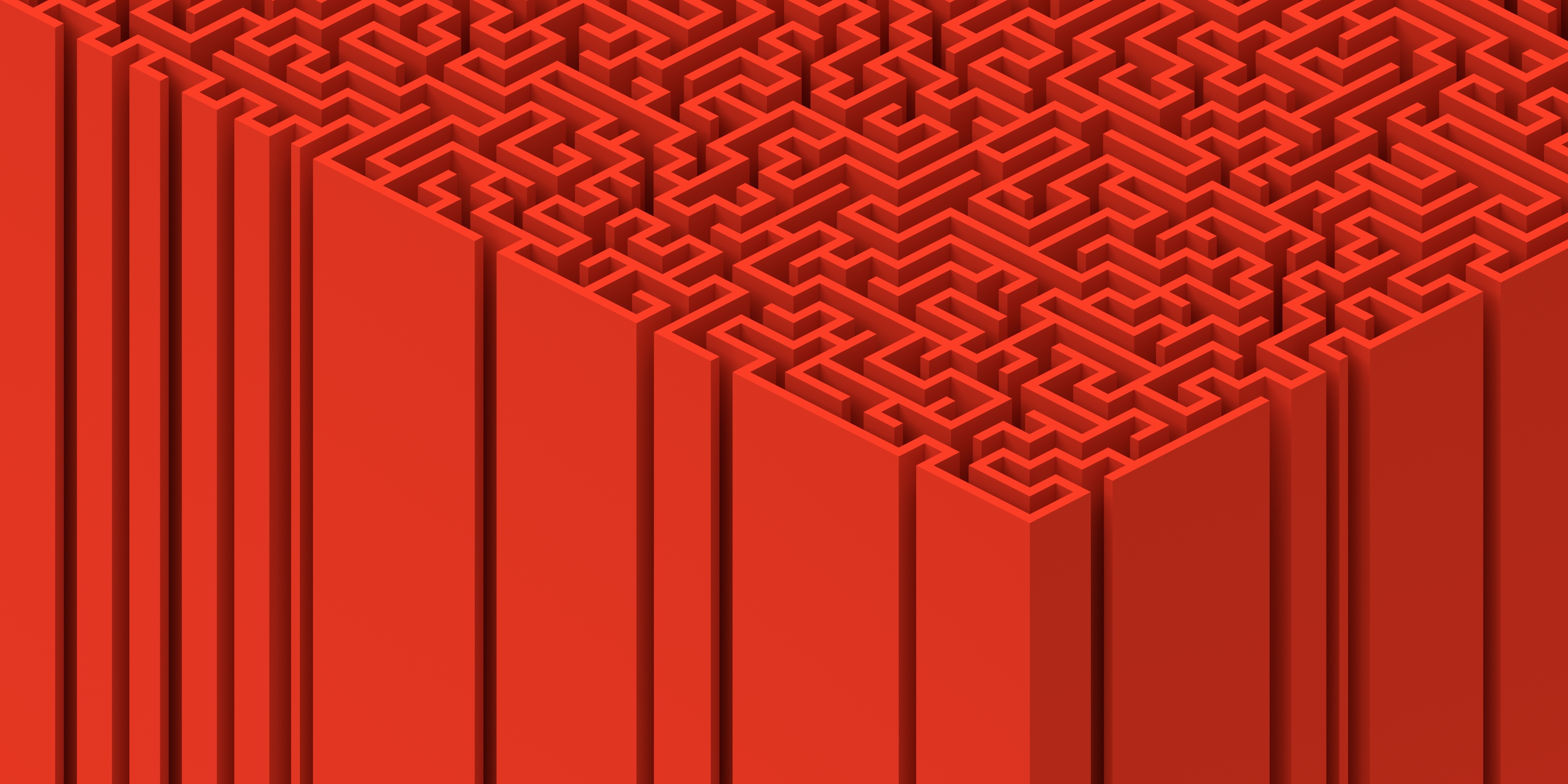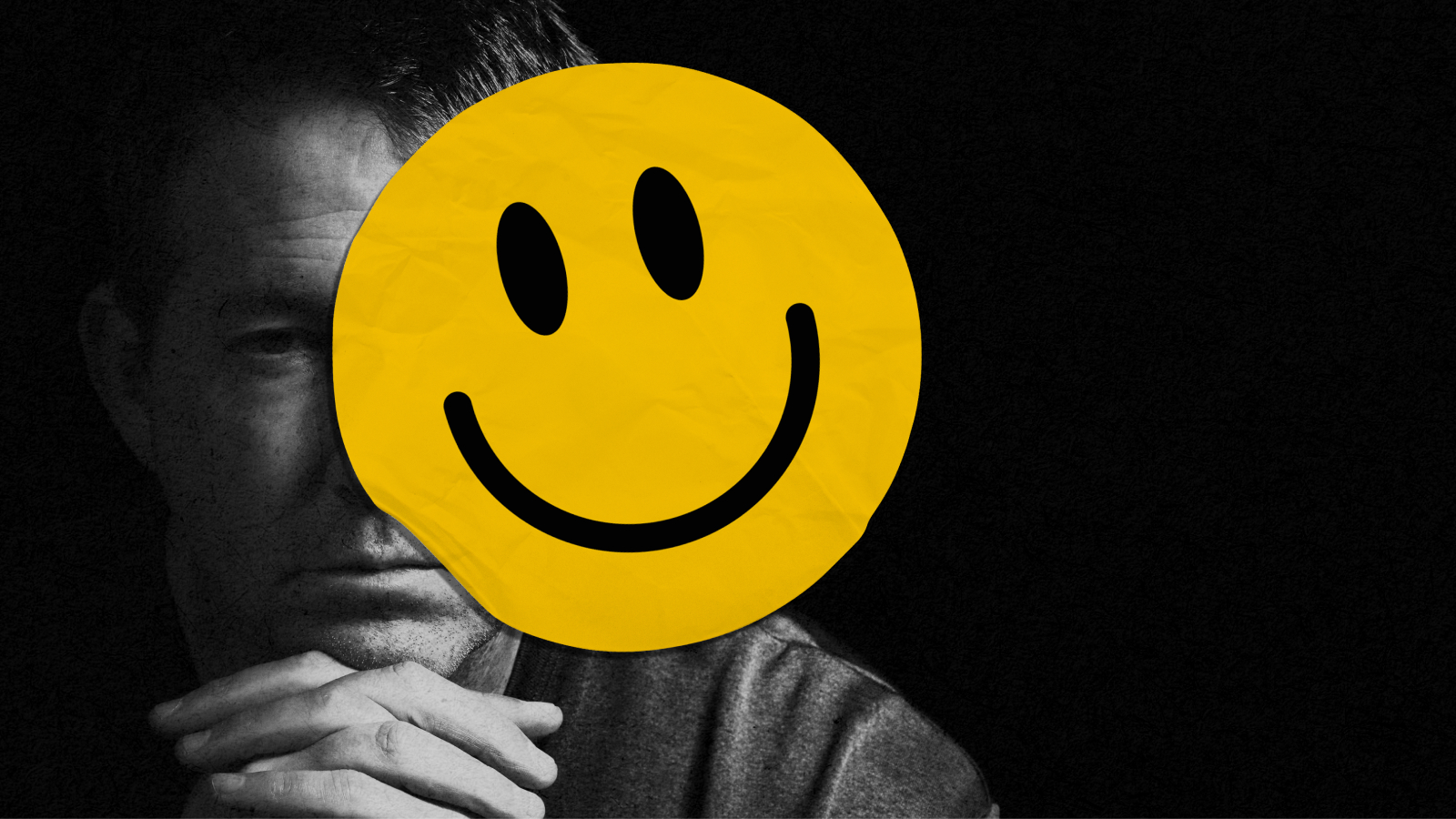Believe in astrology? You might score high in narcissistic traits

- Astrology is an ancient practice that has been growing increasingly popular in recent years, in part due to the availability of astrology smartphone apps.
- A recent study found correlations between certain personality traits and the belief in astrology.
- Of all personality traits tested, narcissism correlated most strongly with the belief in astrology.
“I don’t believe in astrology; I’m a Sagittarius and we’re skeptical.” ― Arthur C. Clarke
Astrology, a pseudoscientific approach to understanding individual personality based on the movement of the heavens, has enjoyed a surge in popularity over the last few years. A number of astrology apps, including ones designed for dating, have been downloaded countless times by members of the younger generations.
Why is this ancient practice gaining a growing number of modern fans? It might be because younger generations in the West continue to move away from organized religion, with some possibly drawn to the more personalized and less dogmatic approaches offered by practices such as astrology or tarot cards. It has also been pointed out that there is historical precedent for people turning to astrology in the face of societal stressors — the first newspaper columns dedicated to horoscopes appeared in the comparatively unpleasant 1930s.
The reasons for astrology’s recent revival remain mysterious. But a study recently published in Personality and Individual Differences now offers a clearer picture of who tends to be interested in the practice. As it turns out, people who think that their personality is written in the stars tend to be a bit full of themselves.
Narcissism and astrology
Conducted by researchers at Lund University in Lund, Sweden, the study aimed to determine whether there was a correlation between personality type and attraction to astrology. Such a link would not oppose existing data suggesting that certain people are more likely to be attracted to astrology. For example, previous research has found that believers in astrology are more likely to believe in conspiracy theories and a number of other pseudosciences.
For the study, 264 participants, mostly younger women, were asked to complete surveys determining how much they believed in astrology, the Big Five personality test, a short version of the Dark Triad test limited to assessing narcissistic traits, and an overall intelligence evaluation. The researchers also threw in a single question asking participants how well they thought science supported astrology.
The main finding was that, among personality factors, narcissism was far and away the strongest predictor of how likely a test taker was to believe in astrology. Narcissism was also strongly associated with the idea that astrology is supported by science. This might suggest that narcissists are “fact resistant,” something that might not surprise anybody who has interacted with one.
The results also showed that higher intelligence was negatively correlated with that belief. As you might suspect, those who thought science backed astrology were also much more likely to believe in it.

The authors suggest that the connection between narcissistic traits and astrology may have something to do with the tendency of horoscopes to be positively framed — which may reinforce the overly positive feelings narcissistic have about themselves.
The study is not without weaknesses, however. The authors note that the findings are not generalizable to the entire population due to the high number of young women who participated in the study. Additionally, the self-selection bias, social desirability bias, common method bias, and the reliance on self-reporting may introduce issues with the study that further lower its reliability.
Despite these limitations, the study offers an interesting look at who is most attracted to this nonsensical way of looking at the universe and their exaggerated place in it. It may well be the foundation for further studies or, on a more practical level, a tool for explaining why that person who though the stars revolved around them was so full of themselves.




